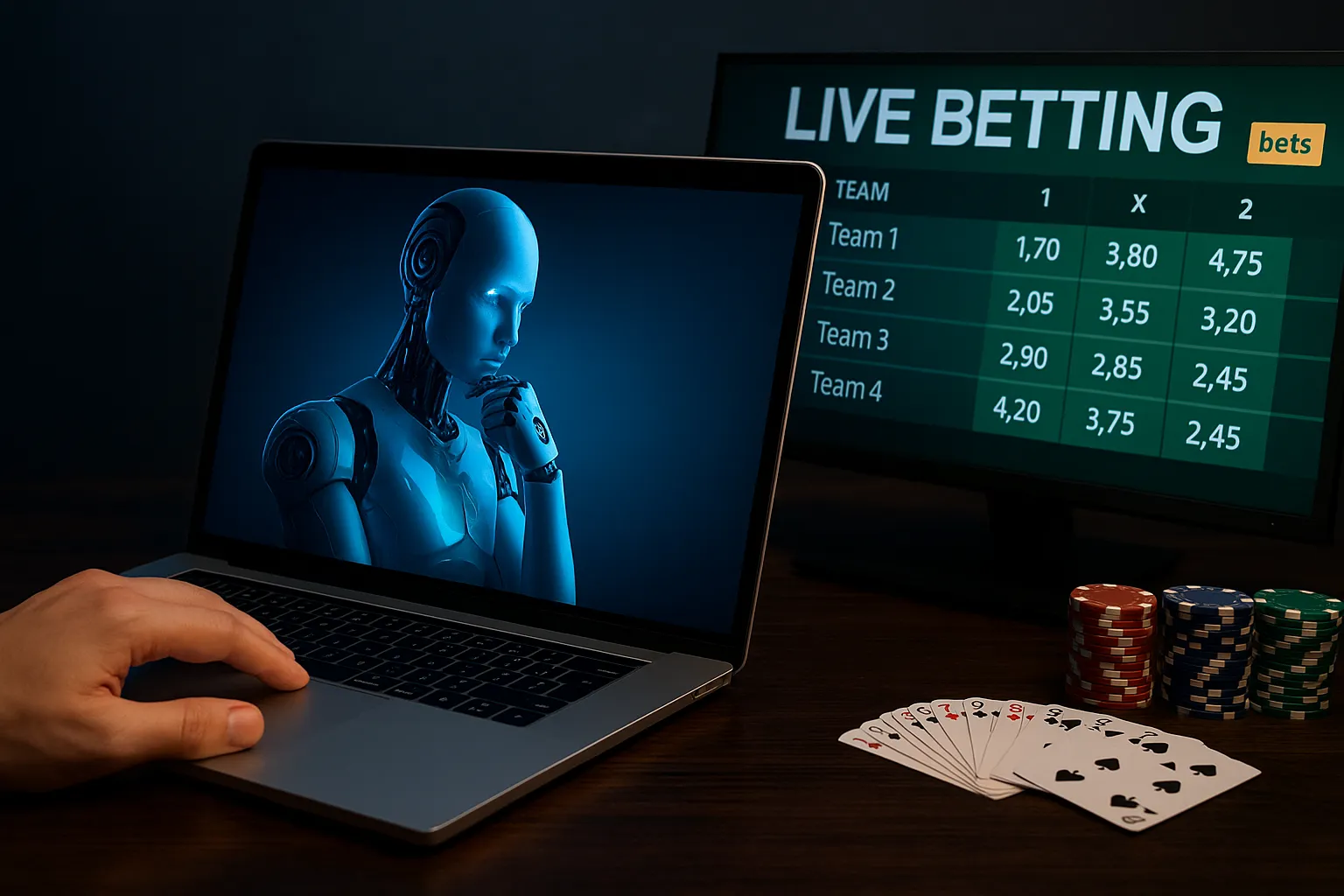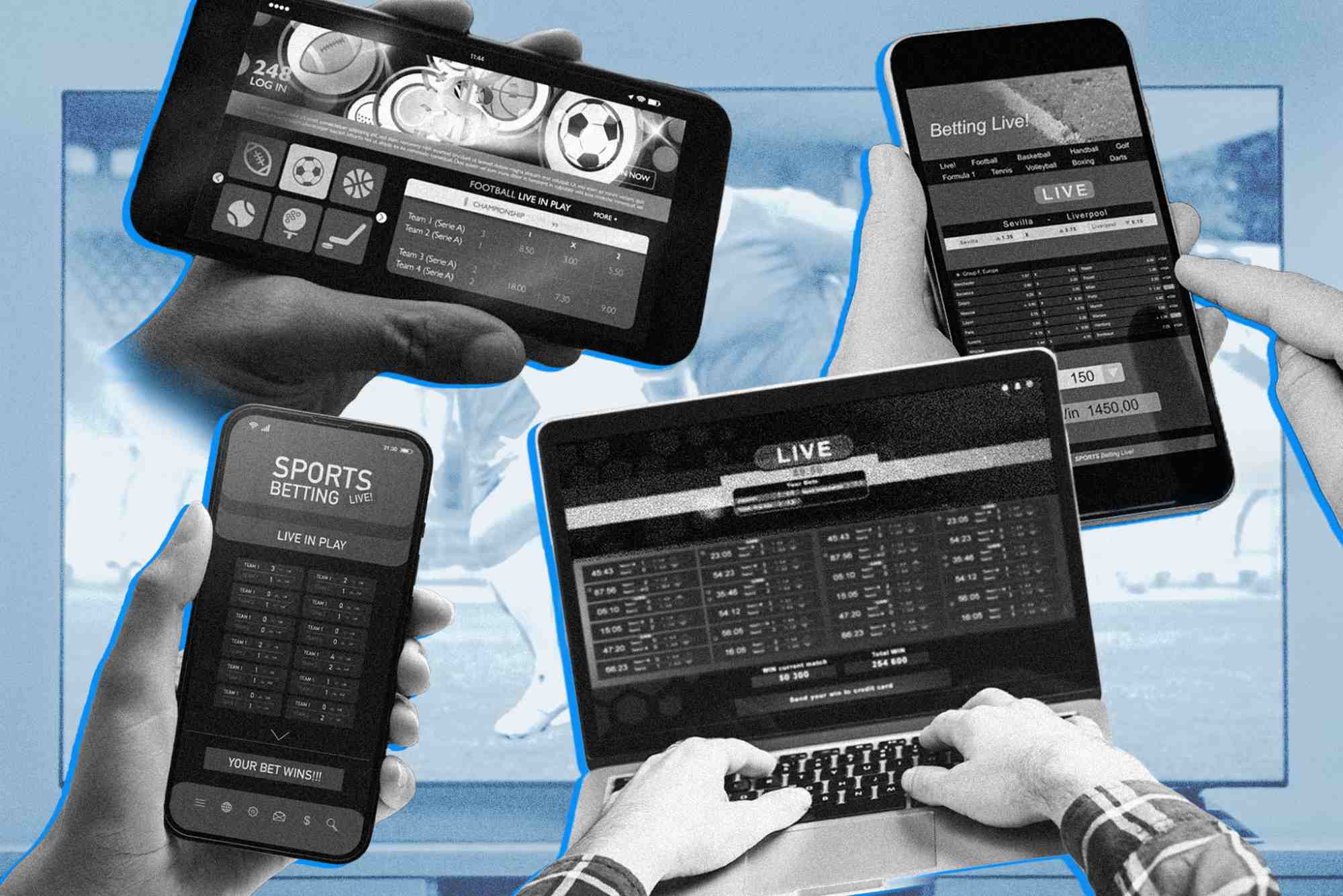Artificial intelligence (AI) is transforming nearly every industry, and sports betting is no exception. For decades, bettors have relied on their instincts, statistics, and gut feelings to place wagers. But with advanced algorithms analyzing massive datasets, a new era has begun where AI challenges the very idea of human intuition in gambling. The big question now is whether artificial intelligence can truly outsmart human bettors, or if there’s still space for human insight in a world increasingly run by machines.
How AI Is Being Used in Betting
AI thrives on data, and betting markets are overflowing with it. From player performance stats and injury reports to weather conditions and historical trends, AI can process data at a scale and speed humans cannot match. These systems can recognize patterns that are invisible to even the most experienced bettors.
Bookmakers are already using AI to set odds, monitor betting activity, and identify suspicious behavior. For bettors, AI tools can generate predictions, simulate outcomes thousands of times, and even automate wagers. In essence, AI brings efficiency and accuracy to an industry that has always been part skill and part chance.
Human Intuition Versus Machine Precision
Human bettors have one major advantage over AI: intuition. Fans who closely follow a sport may recognize subtle dynamics that numbers don’t capture—such as a player’s body language, a manager’s unusual lineup choice, or the emotional weight of a derby game. These insights can give humans an edge in certain situations.
However, AI compensates for this by identifying statistical probabilities over large sample sizes. While intuition may win on occasion, over time, probability models tend to generate more consistent results. This tension between gut instinct and machine-driven precision is at the heart of the debate.
The Rise of Automated Betting Tools
In recent years, we’ve seen the growth of automated betting bots powered by AI. These bots can analyze real-time odds and place bets instantly, exploiting market inefficiencies before humans even notice them. This gives AI an undeniable edge in speed and execution.
Some bettors use AI-driven systems to supplement their strategies, allowing the machine to handle the calculations while they focus on contextual insights. This hybrid approach highlights how AI and human skill can coexist, rather than one completely replacing the other.
Privacy, Safety, and New Casino Models
AI’s impact isn’t just about smarter predictions. It also raises questions about privacy and how betting platforms handle user data. Online casinos, for example, are experimenting with faster onboarding methods, reduced verification requirements, and increased automation. Platforms like No Verification Casinos reflect this shift, where convenience and technology-driven efficiency appeal to players who want faster access without traditional barriers. While this approach improves user experience, it also creates debates about regulation, safety, and responsible gambling.
Can AI Really Outsmart Everyone?
The truth is, AI doesn’t “know” sports in the human sense—it interprets patterns and probabilities. This means it can outperform humans in consistent, data-heavy environments but may still falter when unexpected events occur. Red cards, referee decisions, or sudden player injuries can throw off even the best models. Humans, by contrast, sometimes anticipate these moments better through contextual awareness.
In the long run, AI’s edge lies in volume and discipline. Unlike humans, it doesn’t get emotional, doesn’t chase losses, and doesn’t rely on hunches. For bettors prone to impulsive behavior, AI-driven strategies may indeed be the smarter play.
The Future of AI in Betting
Looking ahead, AI is likely to become more integrated into both professional and recreational betting. Machine learning systems will improve as they consume more data, potentially leaving less room for human intuition to make a difference. Yet, rather than eliminating human bettors, AI may simply change how people approach gambling.
We may see more partnerships between humans and AI, where bettors use technology as a decision-making aid rather than a replacement. Much like stock trading, betting may evolve into an arena where those who ignore technology fall behind, but those who learn to use it wisely thrive.
Final Thoughts
So, can artificial intelligence outsmart human bettors? In many respects, yes. AI’s ability to process data, act instantly, and remain unemotional gives it a clear advantage. However, the human element—intuition, context, and creativity—still holds value in unpredictable scenarios.
The future of betting will likely belong to those who strike a balance, combining AI’s precision with human judgment. In the end, AI won’t completely replace human bettors, but it may redefine what it means to be a successful one.




